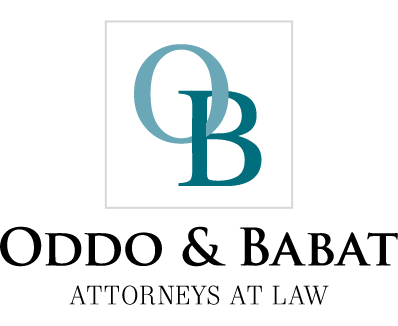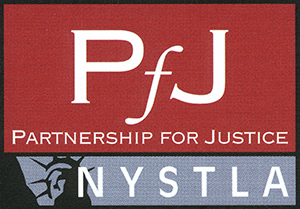What is a Cross-Examination?
Posted on March 21st, 2019 by Oddo & Babat, P.C.
In a court case, examination refers to questioning a witness. There are two types of “examination”: direct and cross-examination. Cross-examination is generally the questioning that is done by a lawyer who didn’t initially call the witness to the stand. However, it can also include questioning done by the lawyer who called the witness when the witness is “hostile” or generally aligned with the other side.
For example, in a criminal case, the defense almost always examines police officers by cross examination. In auto or personal injury cases, the defense lawyer almost always examines the plaintiff by cross examination. This is because even if they aren’t called by the government, police officers are aligned with the government (because they’re employed by the government). Similarly, no one can be more aligned with the plaintiff than the plaintiff, so the defense is allowed to question him by cross examination.
The significance of cross examination is that it permits the lawyer to use leading questions. All 50 states and the federal courts have a rule permitting cross examination to use leading questions. In practice, this means that the lawyer makes a statement that he wants the witness to agree or disagree with.
Examples of leading questions:
• Your name is Frank, isn’t that true?
• The defendant’s car was purple, isn’t that true?
• You’ve been married for 42 years, isn’t that true?
By contrast, the same issues could be covered in a non-leading manner by asking:
• What is your name?
• What color is the defendant’s car?
• How long have you been married?
As you might imagine, leading questions are very valuable when dealing with difficult or hostile witnesses. When a witness has an agenda or wants to tell a particular story, asking open-ended questions invites runaway responses. Leading questions narrow the issues and tend to keep the examination on track and productive.
A skilled criminal lawyer knows that cross-examination is often a far more effective way to tell his client’s story than direct examination for a couple reasons. First, on cross examination, the lawyer can control the flow of the story, the order of the facts, and even which facts come out. Secondly, on cross-examination, the story is being told by the other side. When the other side is telling your story, it has instant credibility because jurors (rightly) assume the other side wouldn’t say something helpful about you unless it was true.


 I consulted with David the first time a couple of years ago on a serious matter that affected a very close member of my family. Not expecting a good experience from this serious situation coupled with an attorney consultation, the entire thing surprised me as it was pleasant, professional, and completely successful. We found him clear, direct, generous and extremely knowledgeable throughout the process. I give my very strongest recommendation
I consulted with David the first time a couple of years ago on a serious matter that affected a very close member of my family. Not expecting a good experience from this serious situation coupled with an attorney consultation, the entire thing surprised me as it was pleasant, professional, and completely successful. We found him clear, direct, generous and extremely knowledgeable throughout the process. I give my very strongest recommendation








